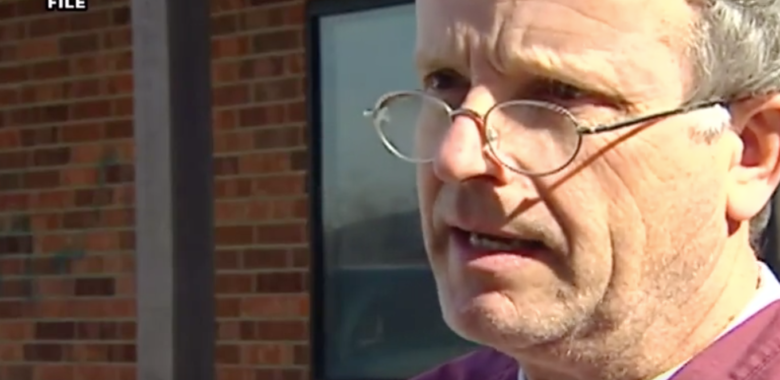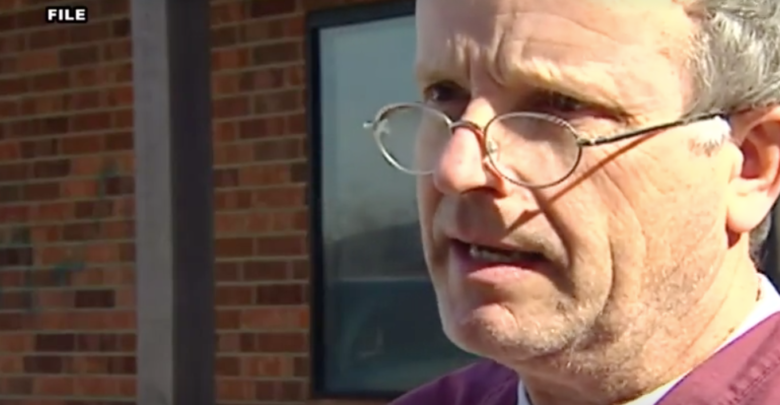Ten years running, the Arkansas Lottery has been a dismal failure.
Not only has the Lottery pulled billions of dollars out of the economy, but it has failed to deliver on its promise of providing $100 million per year for college scholarships as well.
Here are five facts to know about Arkansas’ state-run lottery.
#1. Only A Fraction of the Money Goes to Students
In a good year, the Lottery gives college students about 18-19 cents out of every dollar it makes.
So far this fiscal year the Lottery is giving students about 14-15 cents out of every dollar.
For perspective, the average state lottery budgets about 30% of its revenue for education.
This puts the Arkansas Lottery’s scholarship budget well below the national average.
#2. Most Lottery Revenue Goes to Prizes
The Arkansas Lottery spent 68% of its revenue in Fiscal Year 2019 on prizes for lottery players — nearly $350 million.
The same was true in 2018, when the Lottery spent more than $340 million on prizes.
The percentage of revenue the Arkansas Lottery spends on lottery prizes is one of the highest of any lottery in the nation. This means the Arkansas Lottery arguably is focusing too much on prizes.
The millions of dollars the Arkansas Lottery has over-spent on prizes could have been spent on scholarships instead.
#3. Most Lottery Tickets Sold in Arkansas are Instant Tickets
In fiscal year 2019, 79% of the Arkansas Lottery’s ticket sales came from instant tickets like scratch-off tickets.
Instant tickets are controversial, because people who buy them may be more susceptible to problem gambling and gambling addiction.
Because players win or lose instantly, scratch-off tickets affect people in much the same way that casino-style games do.
For this reason, some experts refer to scratch-off tickets as “paper slot machines.“
#4. Lottery Ticket Sales are High in Counties Suffering From Poverty
Last year some of Arkansas’ poorest counties were among the top ten with the highest lottery ticket sales, per capita.
The counties and per capita ticket sales are:
- Arkansas County ($347.82 per person)
- Chicot County ($329.22 per person)
- Nevada County ($310.31 per person)
- Prairie County ($293.47 per person)
- Monroe County ($290.49 per person)
- Union County ($288.77 per person)
- Ouachita County ($286.32 per person)
- Jefferson County ($284.79 per person)
- Dallas County ($269.88 per person)
- Conway County ($268.04 per person)
In Chicot County, more than 31% of the population lives in poverty, according to the U.S. Census Bureau.
More than a quarter of Monroe County’s population lives in poverty.
And more than one in five people in Jefferson, Nevada, Ouachita, and Dallas counties lives in poverty.
The average county in Arkansas spent $176.58, per capita, on lottery tickets in fiscal year 2019 — meaning these counties were well above average.
#5. Other State Lotteries Have Spent More on Education Despite Making Less Money
From 2010 – 2012 the Arkansas Lottery made millions of dollars more than the Louisiana Lottery.
However, the Louisiana Lottery gave millions of dollars more to education than the Arkansas Lottery did to college scholarships.
How was this possible?
The Louisiana Lottery earmarked 35% of its gross lottery revenue for education.
By budgeting a larger percentage of its revenue for education than the Arkansas Lottery did, the Louisiana Lottery was able to give more money to students despite making less money from lottery ticket sales.
READ MORE






